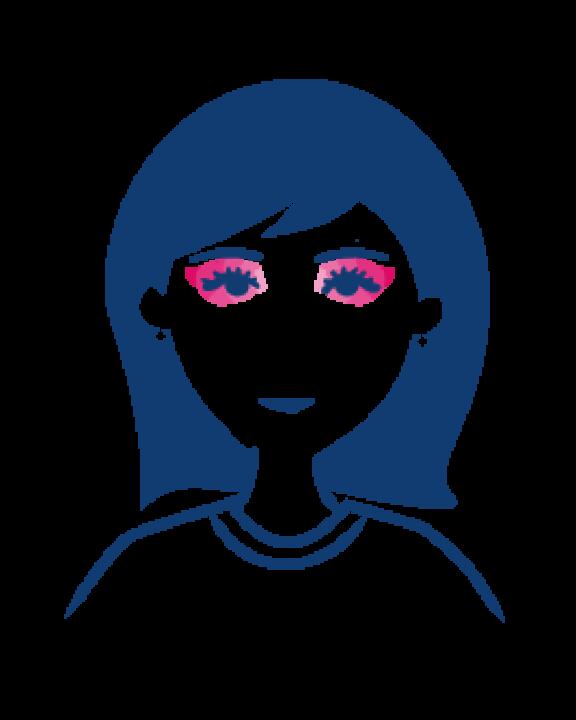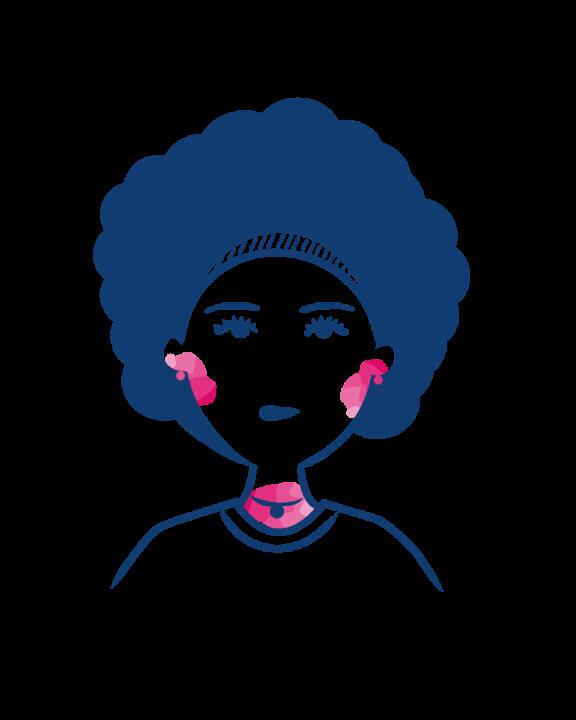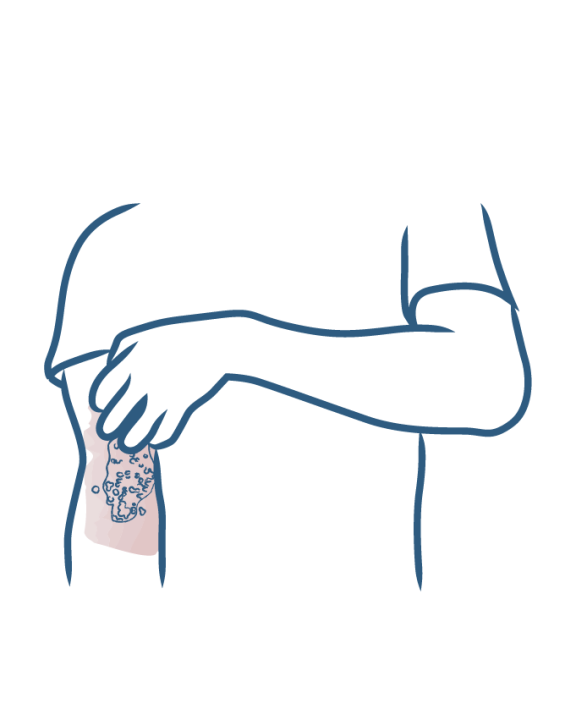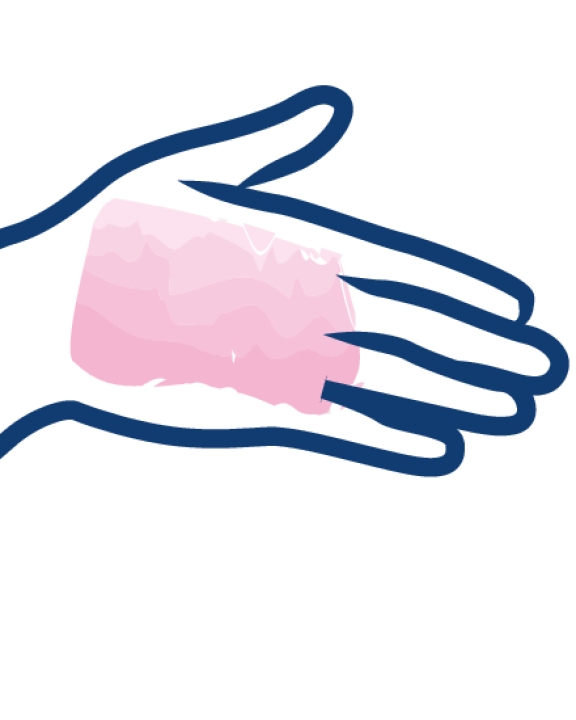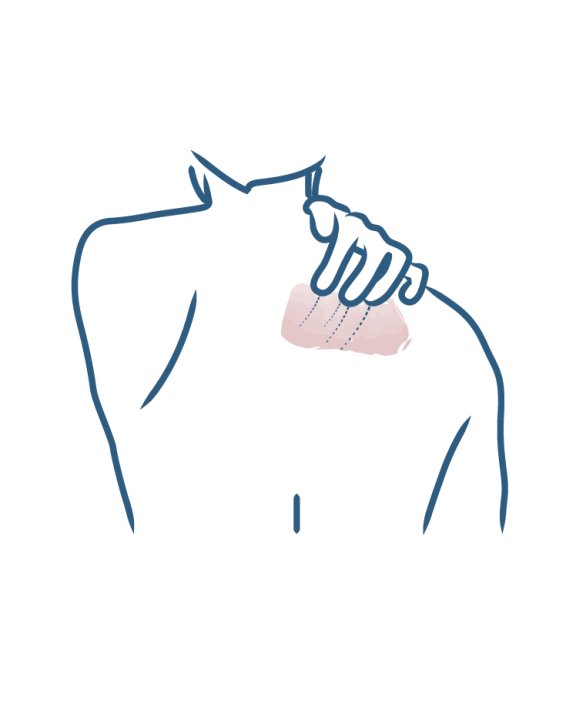What you should know about eczema
- SUMMARY
- Eczema
Eczema in adults, atopic dermatitis in adults
- Body eczema: hands, feet, arms, back, face, etc
- Facial eczema
- Eczema on the neck and nape of the neck
- Hand and finger eczema (chronic hand eczema)
- Eczema of the eyelids, eyes or palpebral eczema
- Arm eczema (elbows, armpits, forearms)
- Eczema on the stomach and belly button
- Foot eczema
- Scalp eczema
- Eczema in the ears
- Leg eczema or varicose eczema
- Eczema on the back
- Eczema around the mouth
- Living with eczema day to day
- Eczema: What daily reflexes should you adopt?
- Eczema: can it be cured?
- Eczema cream, ointment: what should you use?
- Eczema: how to treat itching
- What are the habits to avoid when you have eczema?
- Eczema: how can flare-ups be avoided?
- Eczema: what food should you eat?
- Which detergent should eczema patients use?
- What soap should be used for eczema?
- Swimming pool, swimming when you have eczema?
- Baby’s eczema, infant eczema: what is it?
- What soap should be used for babies with eczema?
- Eczema in babies and children: the areas most often affected
- Eczema in babies: what habits should you adopt?
- When should you consult a physician about your baby's eczema?
- Which cream should you use for baby's eczema?
- How should you treat baby’s and infant’s eczema?
Eczema in adults, atopic dermatitis in adults
Adult eczema varies greatly from person to person. It can be atopic eczema, contact eczema or chronic hand eczema.
Who is affected by adult eczema?
Adult eczema affects both men and women, both young and old alike. Very often there is a history of eczema in childhood or adolescence. However, sometimes eczema appears for the first time in adulthood.
Adult eczema is less common than infantile eczema, but it should not be downplayed: adult eczema affects the quality of life of the patient and their families.
Which parts of the body are affected by adult eczema?
In the case of atopic eczema in adults, the main areas affected by eczema plaques are the face, neck, hands, skin folds. Sometimes the damage is more generalized (severe eczema). The skin is often dry and itchy.
In case of contact eczema, adult eczema is located in the areas of contact with the allergen: hands, feet, face, etc.
In some cases, adult eczema only affects the hands. It is called chronic hand eczema because the disease occurs in flare-ups interspersed with phases of remission.
How should it be treated?
Most of the time, the management of adult eczema is based on the same treatments as childhood eczema, namely the application of cortisone creams and emollients. Cortisone creams are sometimes replaced by ointments based on immunosuppressants, especially on facial eczema plaques.
Adult atopic dermatitis can benefit from general treatments if the creams fail.
How can you overcome isolation?
Adults affected by eczema often lose self-confidence and experience difficulties in their professional, social and emotional relationships. To meet other patients, they may turn to an association, such as the French Eczema Association.
More information
- Discover Contact Eczema: what do you need to know?
What you should know about eczema
Contact Eczema: what do you need to know?
- Discover What is pregnancy eczema?
What you should know about eczema
What is pregnancy eczema?
- Discover Atopic eczema
What you should know about eczema
Atopic eczema
- Discover Is eczema contagious?
What you should know about eczema
Is eczema contagious?
Our care routines
Atopic eczema, contact eczema, chronic eczema, eyelid eczema

